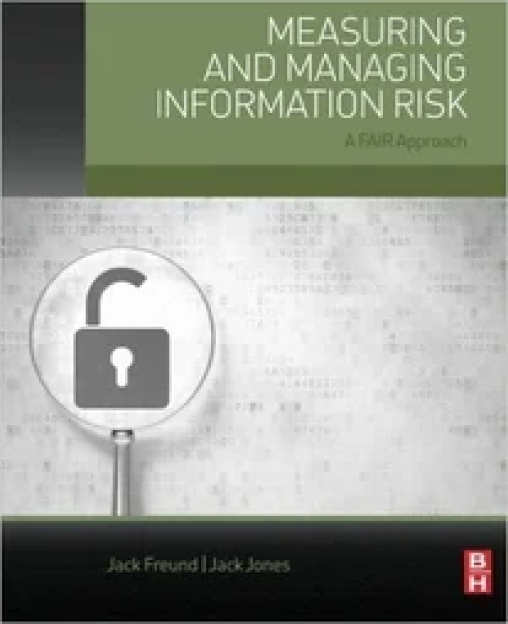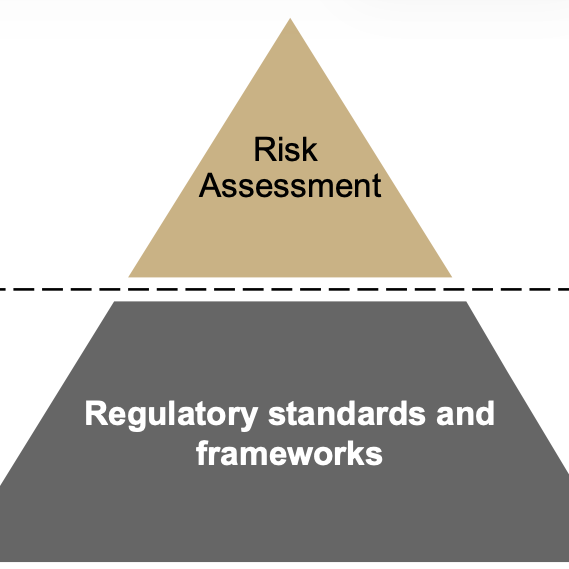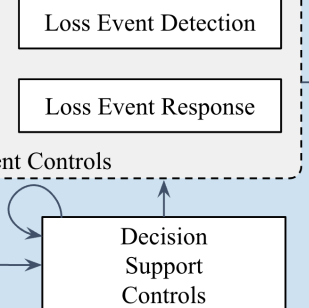
 I’ve observed an epidemic that is endemic to perfectionists and newer practitioners of quantitative cyber risk analysis: analysis paralysis. Here are some of the symptoms:
I’ve observed an epidemic that is endemic to perfectionists and newer practitioners of quantitative cyber risk analysis: analysis paralysis. Here are some of the symptoms:
- Over-thinking (not to be confused with critical thinking)
- Frustration / angst
- Inefficiency / immobilization of progress
If you have experienced any of the above symptoms, then perhaps you could use some anecdotal remedies. I’d encourage you to memorize three simple phrases and keep them stored away for next time analysis paralysis tries to rear its ugly head.
Don’t try to boil the ocean
Have you ever tried to boil the ocean? Don’t. It’s a waste of time. There is too much water to boil! In short: boiling the ocean is impossible. So, don’t make your life unnecessarily difficult by trying to do so. Similarly, when assessing risk or collecting data, it’s easy to become ambitious and want to consider more scenarios or more data points etc. Don’t go overboard and become so bogged down in details that you overcomplicate the analysis process and/or lose focus of the big picture.
Don’t let perfect be the enemy of the good
As someone with a proclivity for perfectionism, I’ve heard this phrase (more times than I can count) from my boss. Then, in turn, I’ve found myself preaching it to clients when they get frustrated or anxious about re-calibrating ranges aiming for greater precision or more objectivity (when it’s not necessarily adding a commensurate amount of value). Often times, the effort to go from good enough to “perfect” can be equivalent to or greater than the level of effort it took to achieve an outcome that was “good enough.” Be cognizant of crossing the good enough threshold with the hopes of achieving perfect.
Another related quote is: “A good plan violently executed now is better than a perfect plan executed next week.” – George S. Patton. Now, I think the word violently was a bit extreme, but you get the gist.
Remember the law of diminishing returns
The concept conveyed with this phrase is closely related to the one above: keep in mind the relationship between resources spent vs. value gained. Here, I think a circumstantial example might help.
My father is an engineer (over-analyzer) and my brother is an architect (artistic-designer). Both are hobby-carpenters. Their approach to measuring crown molding exemplifies the law of diminishing returns. When my dad measures, he measures 2-5 times, then once more before cutting the wood. His cuts are usually fractionally off (he aims for precision to the point of being precisely wrong). In contrast, my brother eyes his measurement, measures once, cuts once…then the piece fits (he achieves accuracy, with a useful level of precision). He often achieves more value with his crude initial estimate and one cut than my poor father achieves with his several measurements/re-measurements/cuts. Don’t succumb to re-calibrating or re-analyzing to the point of impeding progress.
I hope the above phrases help you kick analysis paralysis to the curb!
Learn More:
Warren Buffet's Information Security Advice
What Makes a Good Risk Analyst?
Coming September 24 & 25: the 2019 FAIR Conference, the year's big event for learning the most advanced techniques in risk management -- and networking with the best thinkers in the risk profession.









